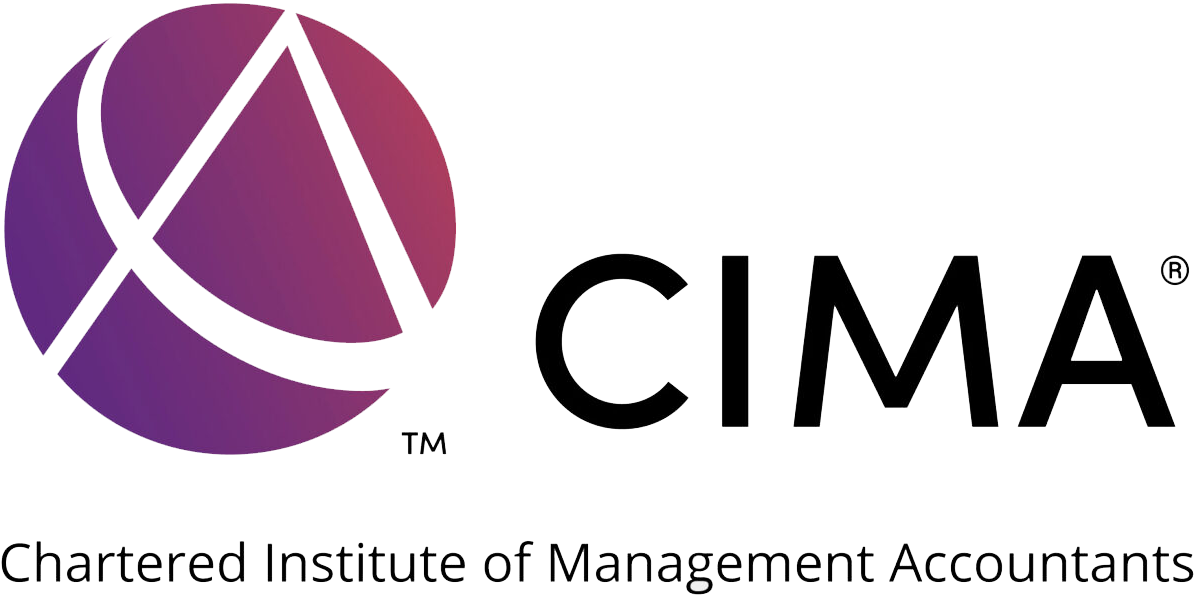While financial metrics are crucial for understanding a business’s monetary health, non-financial metrics provide deeper insights into operational effectiveness, customer satisfaction, and overall business sustainability. Here are the five most important non-financial metrics that every business should be measuring:
1. Customer Satisfaction (CSAT)
Customer satisfaction is a measure of how products and services supplied by a company meet or surpass customer expectations. It is an essential metric for assessing customer loyalty and the overall customer experience.
Why It Matters:
– Customer Retention: High customer satisfaction leads to repeat business and customer loyalty.
– Brand Reputation: Satisfied customers are more likely to recommend the business to others.
– Product Improvement: Feedback from satisfaction surveys can highlight areas for product or service enhancement.
How to Measure:
Customer Satisfaction Score (CSAT) is typically measured through surveys asking customers to rate their satisfaction on a scale (e.g., 1 to 5).
2. Employee Engagement
Employee engagement measures the emotional commitment and involvement that employees have towards their organization and its goals. Engaged employees are more productive, motivated, and likely to contribute to the company’s success.
Why It Matters:
– Productivity: Engaged employees are more productive and provide better service.
– Retention: High engagement levels lead to lower turnover rates.
– Innovation: Engaged employees are more likely to contribute innovative ideas and improvements.
How to Measure:
Employee engagement can be measured through surveys that assess various aspects such as job satisfaction, commitment to the organization, and alignment with company values.
3. Net Promoter Score (NPS)
Net Promoter Score measures customer loyalty by asking how likely customers are to recommend the company to others. It is a strong indicator of customer satisfaction and potential business growth.
Why It Matters:
– Customer Loyalty: High NPS indicates strong customer loyalty and potential for organic growth.
– Referral Potential: Loyal customers are more likely to refer new customers.
– Feedback Loop: NPS surveys often provide actionable insights into areas needing improvement.
How to Measure:
NPS is calculated by asking customers to rate their likelihood of recommending the company on a scale of 0 to 10 and categorizing them as Promoters (9-10), Passives (7-8), or Detractors (0-6). NPS = % Promoters – % Detractors.
4. Operational Efficiency
Operational efficiency measures how well a company utilizes its resources to produce goods or services. It is crucial for minimizing waste, reducing costs, and improving overall productivity.
Why It Matters:
– Cost Reduction: Efficient operations reduce costs and increase profitability.
– Quality Improvement: Efficient processes often lead to higher quality products and services.
– Competitive Advantage: Operational efficiency can be a key differentiator in a competitive market.
How to Measure:
Metrics such as production yield, process cycle time, and resource utilization rates can provide insights into operational efficiency.
5. Market Share
Market share is the percentage of an industry or market’s total sales that is earned by a particular company over a specified time period. It reflects a company’s competitiveness and market position.
Why It Matters:
– Competitiveness: A growing market share indicates a strong competitive position.
– Business Health: Sustaining or increasing market share often correlates with business growth.
– Strategic Decisions: Understanding market share helps in making informed strategic decisions regarding marketing, product development, and expansion.
How to Measure:
Market share is calculated by dividing the company’s sales by the total sales of the industry over the same period.
Conclusion
Measuring non-financial metrics such as customer satisfaction, employee engagement, Net Promoter Score, operational efficiency, and market share provides a holistic view of a company’s health and operational success. These metrics are vital for identifying strengths and areas for improvement, ultimately driving long-term success and sustainability. Balancing both financial and non-financial metrics ensures a well-rounded approach to business management and strategic planning.
© Virtual CFO Ltd T/ Accounts Etc. All rights reserved. Registered in England & Wales No. 07430019


© Virtual CFO Ltd T/ Accounts Etc. All rights reserved. Registered in England & Wales No. 07430019

